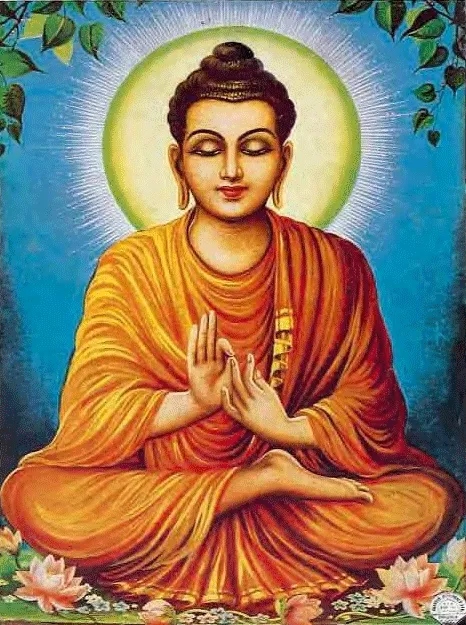
This week´s ecoTrain question is a tricky one, because the question itself exposes a certain mindset which I do not agree with, namely the idea that one person can know what is best for another person.
As they say, the road to hell is paved with good intentions and few fields of human interaction are better suited to prove that point than children´s education, with parents wanting the best for their children and failing miserably.
And what is a happy life anyway? One man´s hell is another man´s paradise.
Maybe Ted Bundy was quite happy with his life while bringing hell unto others.
Having no experience of my own, (as a father, not with killing people 😉), I can only approach the question from a theoretical or philosophical point of view, or maybe from a point of wishful thinking, what I wished my father would have done or not done.
If you want a guarantee, buy a toaster. - Clint Eastwood
This means that whatever you do in life there is no guaranteed outcome, so you can only try your best but there are factors beyond your control.
And whatever parents do and however children turn out, there is this theory that parents, unless they are psycho- or sociopaths or on whatever crazy path, so “normal“ parents, will always do what they think is the best for their children and give the best advice and teachings they are capable of according to their own history and life situation.
So anybody subscribing to the idea that human beings are inherently good will agree with that theory.
But many times that means that parents are trying to mould their children into a better version of themselves, having and doing things they could not have and do but wished to as a kid themselves or, even worse, as adults, meaning they want to set their kids on a path which leads to the life they wish they had and thereby fulfilling their life´s dreams via their children.
Now of course children need guidance by their parents and not giving them that guidance would also be a form of child abuse, but that guidance should always come from a place of understanding that a child is not property, but an entity in its own right and the parent´s duty is to help the child realize that.
So a parent should teach the child a skill set which leads to positive self-esteem as the base for the future and hopefully a happy life.
The base of a happy life is also self-love. Unfortunately in order to develop self-love children must be loved first by their parents, so they feel worthy of love. People who, as children, were not loved by their parents or even abused could not develop that self-love and many times keep struggling as adults, feeling unworthy, thinking they are bad, that it was their fault etc.
So the first prerequisite of any teaching is that it comes from a place of love, at best that unconditional love, mothers are so famous for.
Teaching by example is of course best, so if the parent has that skill set and is applying it regularly then the child should be included in a practical way, like doing yoga together, meditation, healthy living, provided of course the child likes to participate.
Ultimately the child, and anybody else in that matter too, needs to know himself/herself in order to be happy, to know who and what he/she is and wants, so self-enquiry is important.
Now this is a big word for a child who is still developing and ever changing, not to mention the time when the child enters this period of temporary insanity caused by hormons (teenager period), but parents can support the child in finding out what he/she is good in, likes and dislikes, etc in order to make lots of positive, confidence building experiences, so the child will develop a strong personality not likely to succumb to peer pressure, fashion trends and other social pressures.
